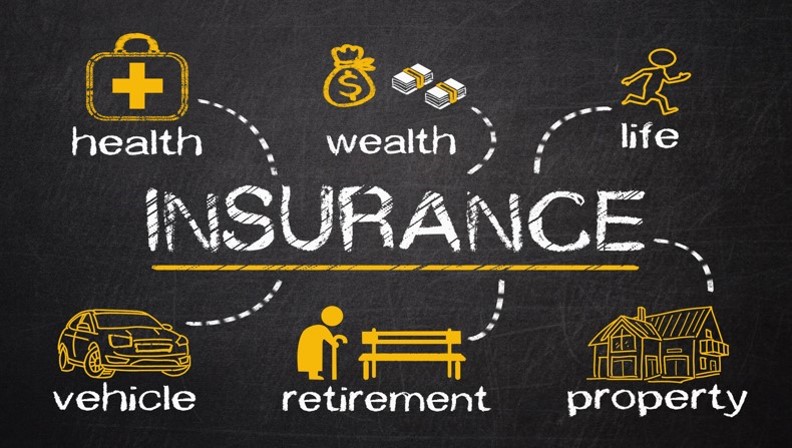The Importance of Insurance with Financial Planning
A good financial strategy is not just about “making money;” it is also about protection.
 People often mistake investing for financial planning. Their “financial strategy” only consists of an investing strategy, in which they chase the return and focus on the return of their portfolio. As they do so, they can miss the bigger picture.
People often mistake investing for financial planning. Their “financial strategy” only consists of an investing strategy, in which they chase the return and focus on the return of their portfolio. As they do so, they can miss the bigger picture.
Investing represents but one facet of long-term financial planning. Financial planning has been defined as the enhancement and preservation of wealth. One enhances by proper investing, one enhancements by having proper insurance. Trying to build wealth is one thing; trying to protect it is another. An effort must be made to manage risk.
Insurance can play a central role within your wealth protection. That role is underappreciated – partly because some of the greatest risks to wealth go unnoticed in daily life. Five days a week, investors notice what happens on Wall Street; the market is constantly “top of mind.” What about those “back of mind” things investors may not readily acknowledge?
What if someone gets injured while visiting your property or while driving your car? Without proper homeowners, automotive or an umbrella policy someone injured will most likely sue for damages. When they do they will go after your personal assets and net worth. Sometimes all it takes is spending an additional $100 for the right policy provision or rider.
What if an individual suddenly cannot work? Without disability insurance, a seriously injured or illness can force you out of the workforce and cause you to dip into your savings to replace income – i.e., reducing your net worth. As the Council for Disability Awareness notes, the average length of a long-term disability claim is nearly three years. Workers’ compensation insurance will only pay out if a disability directly relates to an incident that occurs at work, and most long-term disabilities are not workplace related. Disability insurance can commonly replace 40-70% of an individual’s income. Minus disability coverage, imagine the financial impact of going, for instance, three years without work and what that could do to a your net worth and retirement savings.
What if a disability turns into an admission at a long-term care facility? Long-term care insurance can be the key difference from total spending down all your assets to qualify for government benefits. Learning about and considering the purchase of a long-term care policy can be the difference between your assets going to a nursing home or to your kids. Many investors are considering your investment returns to pay the annual premiums.
What if an individual suddenly dies? If your household relies on your income, how does your family cope financially with that income abruptly disappearing? Does it spend down its savings or its invested assets? In such a crisis, life insurance can offer relief. The payout from a policy with a six-figure benefit can provide the equivalent of years of income. Life insurance proceeds are usually exempt from income tax.
Most people want a say in what happens to their wealth after they die. Again, insurance can play a role. At a basic level, those with larger estates may use life insurance to address potentially large liabilities, such as business loans, mortgage payments, and estate taxes. An insurance trust may also shield the cash value of a life insurance policy from “predators and creditors.” Beyond that, a sizable life insurance policy can be creatively incorporated into an irrevocable life insurance trust (ILIT), through which an individual can plan to exclude life insurance proceeds from his or her taxable estate.
Yes, the estate tax exemption is high right now: $5.49 million. Even so, if a person dies in 2017 while owning a $5 million life insurance policy and a $500,000 home, his or her estate would be taxed. An ILIT would be a useful estate-planning tool in such a circumstance.
Why do people underinsure themselves as they strive to build wealth? Partly, it is because death and disability are uncomfortable conversation topics. Many people neglect estate planning due to this same discomfort and because they lack knowledge of just how insurance can be used to promote wealth preservation.
The bottom line? Insurance is a vital, necessary aspect of a long-term financial plan. Insurance may not be as exciting to the average person as investments, but it can certainly help a household maintain some financial equilibrium in a crisis, and it also can become a crucial part of estate planning.

